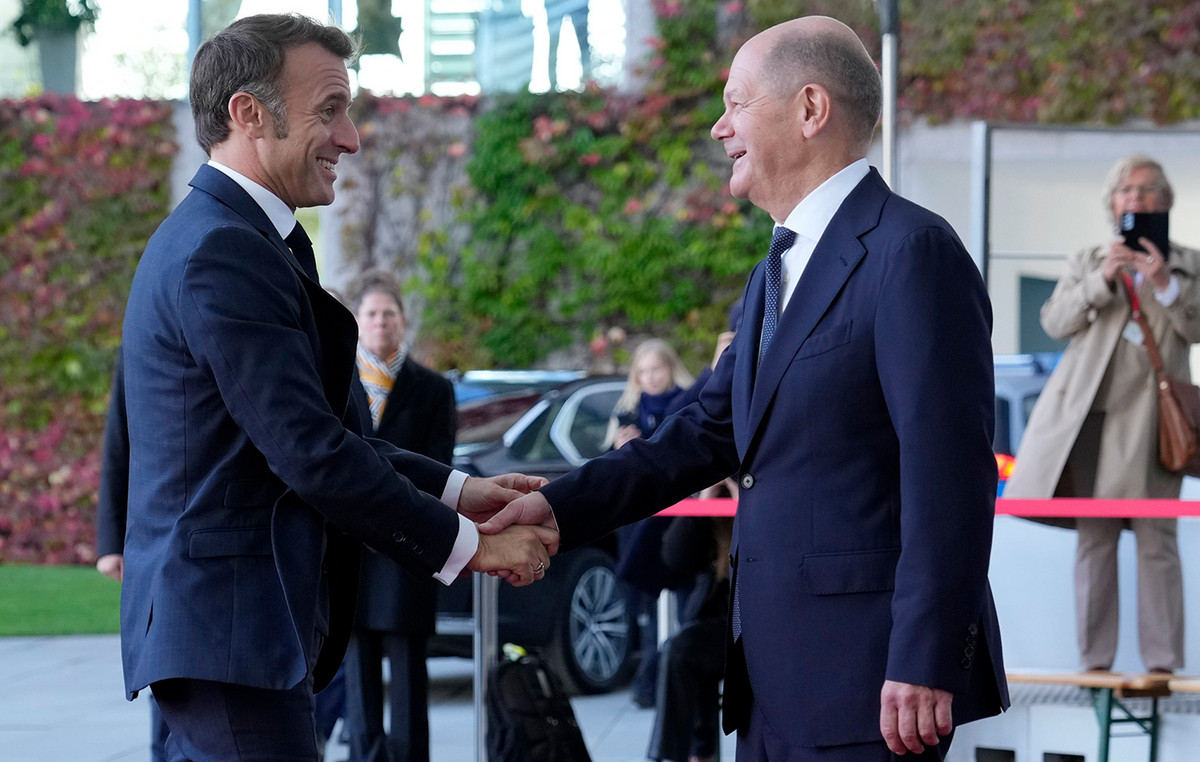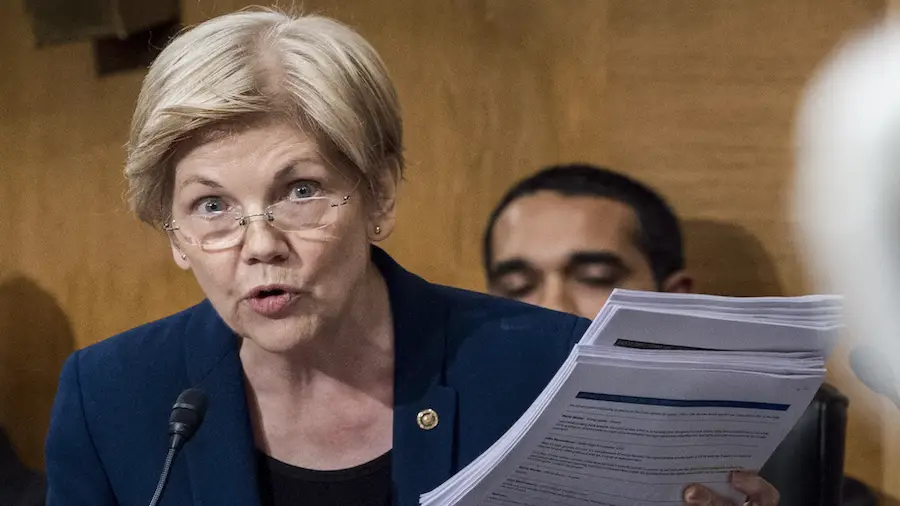More than 37 million Spaniards can go to the polls this Sunday (23) to define the composition of the country’s parliament, made up of the Chamber of Deputies and the Senate. As it is a nation with a parliamentary regime, it will also define who will be the future prime minister.
Voting takes place from 9:00 am to 8:00 pm local time (4:00 am to 3:00 pm Brasilia time).
The federal government is formed from the benches elected to the Chamber – called “Congreso de los Diputados” in Spain. The party or coalition that achieves an absolute majority – 176 of the 350 seats – manages to elect the candidate for prime minister.
The last opinion polls allowed by Spanish law before the elections, last Monday (17), showed the conservative Popular Party (PP) well ahead of the ruling Socialists, but still needing to form a post-election coalition to govern. Vox, the far-right party, is in third place and would be the strongest party to be invited to join the new cabinet.
coalition needed
According to the main Spanish research institutes, the PP would get 131 to 151 seats in the Chamber of Deputies.
Although some polls show that, by allying with Vox, the party would win enough seats to guarantee a joint majority on the right, in the average of all polls released on Monday (17) by research institutes GAD3, 40db, IMOP, Sigma 2 and Simple Logica, the possible coalition would still be one seat from the majority, with 36 just from the extreme right.
The Spanish Socialist Workers’ Party (PSOE), of current Prime Minister Pedro Sánchez, would obtain 98 to 115 seats, according to polls whose projections point to an average of 108 seats.
Sumar, a new alliance of far-left groups that includes Podemos, the ruling coalition’s junior partner, scores close to Vox. The alliance would win 25 to 39 seats, according to polls.
Prime Ministerial Candidates
A hypothetical alliance between the PP and Vox could see PP leader Alberto Nuñez Feijóo become prime minister. But he has been cryptic about whether he would strike a post-election alliance with Vox, although the two parties coalesced in several regions and municipalities after local elections on May 28 in which the ruling coalition suffered significant defeats and lost ground to the conservatives.
The PSOE governed 10 of the 12 autonomous regions, but lost six of them in regional elections.
It was because of this defeat that Pedro Sánchez dissolved parliament and called, the day after the election, general elections for July 23, instead of serving the full term in office and holding elections in December.
A national PP-Vox alliance would give the far right a role in government for the first time since the current constitution was passed in 1978 after four decades of dictatorship under Francisco Franco.
In case of victory of the Socialists, Pedro Sánchez would return to power. Santiago Abascal, president of Vox, would be the name of the party.
Sumar’s candidate is Yolanda Díaz, current Minister of Labor of Spain and Social Economy of Spain. In her campaign, she proposed the creation of a “universal heritage” for young Spaniards over 18 in the amount of 20,000 euros (approximately R$ 106,000). The intention would be to provide young people with a “comfortable start to adult life” regardless of their last name or social status.
Polarization
The regional elections showed a very polarized Spain. A country divided between right and left, back to the traditional dispute between PP and PSOE.
The center-right Cidadanos (Ciudadanos, in Spanish), which won 14% of the vote in the 2015 general elections, did not even present a list of candidates in this election. On the other hand, Podemos was absorbed by the Sumar Movement.
(With information from Reuters and CNN Portugal)
Source: CNN Brasil
Bruce Belcher is a seasoned author with over 5 years of experience in world news. He writes for online news websites and provides in-depth analysis on the world stock market. Bruce is known for his insightful perspectives and commitment to keeping the public informed.







